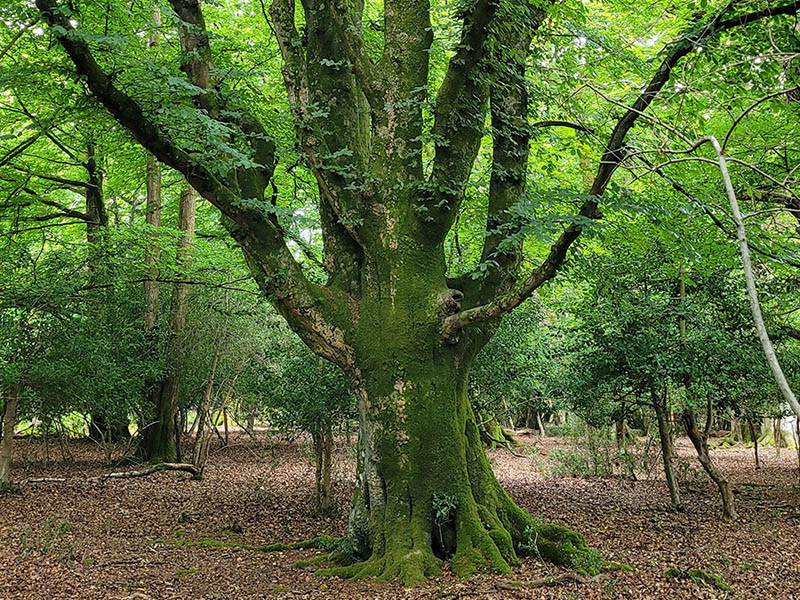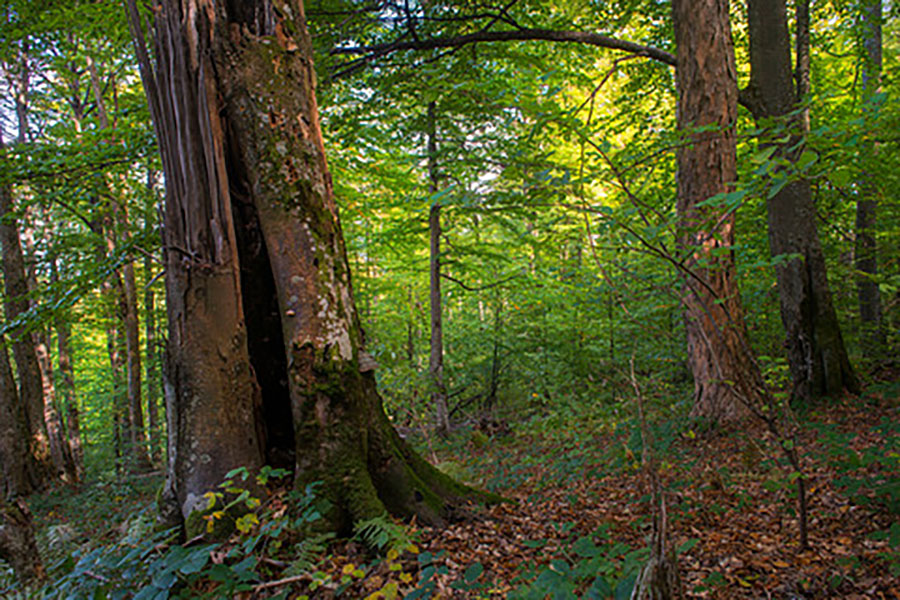
Restoration of forest ecosystems by allowing continued growth of regenerating forests, active restoration measures, and re-connecting fragmented remnants across landscapes, will provide crucial mitigation benefits that contribute to emissions reduction targets as well as existing and future co-benefits.

